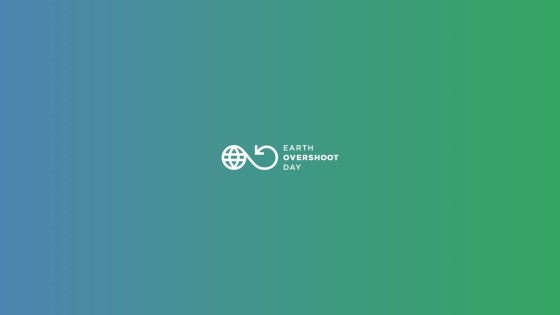Earth Overshoot Day 2022
El Día del Sobregiro de la Tierra marca la fecha en que la humanidad ha utilizado todos los recursos biológicos que la Tierra regenera durante todo el año.
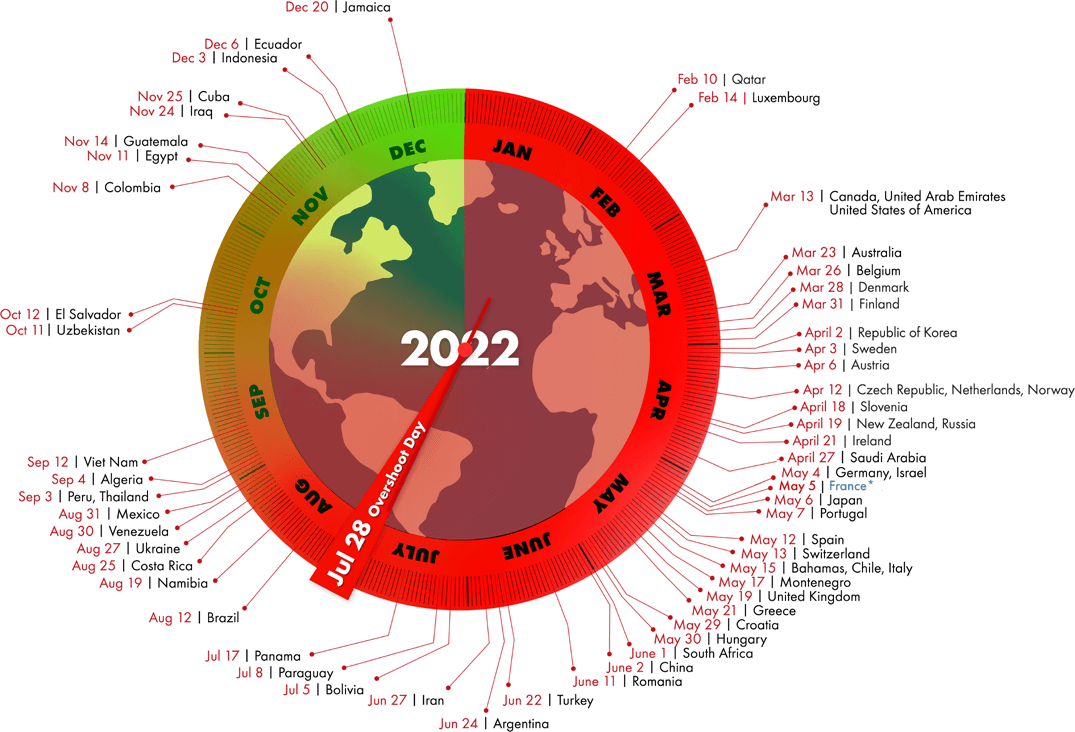
With the support of:
Mathis Wackernagel
The Creator of the Ecological Footprint
"Overshoot will ultimately liquidate the planet's ecological assets."
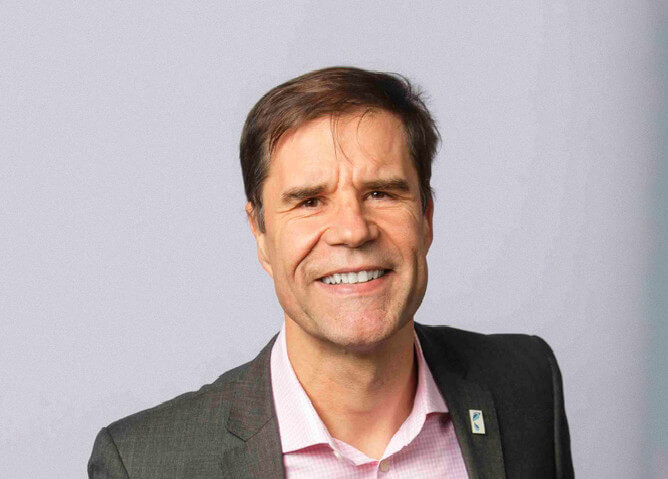
Mathis Wackernagel is a Swiss-born sustainability advocate. He is President of Global Footprint Network, an international sustainability think tank with offices in Oakland, California; Brussels, Belgium, and Geneva, Switzerland. The think-tank is a non-profit that focuses on developing and promoting metrics for sustainability.
After earning a degree in mechanical engineering from the Swiss Federal Institute of Technology, he completed his Ph.D. in community and regional planning at the University of British Columbia in Vancouver, Canada in 1994. There, in his doctoral dissertation under Professor William Rees, he worked with Rees in developing Rees' ecological footprint concept and further developed the methodology for it. He has worked on sustainability issues for organizations in Europe, Latin America, North America, Asia and Australia. Wackernagel previously served as the director of the Sustainability Program at Redefining Progress in Oakland, California (1999 - 2003), and directed the Centre for Sustainability Studies / Centro de Estudios para la Sustentabilidad in Mexico (1995-2001). In 2004, he was also adjunct faculty at SAGE of the University of Wisconsin-Madison. In 2010, he was appointed Frank H. T. Rhodes Class of 1956 Visiting Professor at Cornell University (1 July 2011 - 30 June 2013).
In 2018, Wackernagel and Zhifu Mi were the joint recipients of the second World Sustainability Award. Wackernagel, along with Susan Burns, received the Skoll Award for Social Entrepreneurship from the Skoll Foundation in 2007. He received an honorary doctorate from the University of Bern in 2007, a 2006 World Wide Fund for Nature Award for Conservation Merit, and the 2005 Herman Daly Award of the US Society for Ecological Economics.[citation needed] With Global Footprint Network, he received the International Prize Calouste Gulbenkian 2008 (Lisbon, Portugal) “dedicated to the respect for biodiversity and defense of the environment in man’s relationship with nature.”
In 2013, Wackernagel received the Prix Nature Swisscanto. Prior, he received the 2012 Binding-Prize for Nature Conservation, the bi-annual Kenneth Boulding Award of the International Society for Ecological Economics, and the Blue Planet Prize of the Asahi Glass Foundation (the latter two with William E. Rees).He also received the 2011 Zayed International Prize for Environment in the category "action leading to positive change in society." The Zayed prize recognized Wackernagel's contribution to “translate the complexity of humanity's impact on the environment and natural resources into a more understandable and actionable form. The concept of ‘ecological limits' and relating the demands of human beings to the planet's available ecological resources, has attracted and is catalyzing action among governments, business and civil society." The (En)Rich List ranked Wackernagel as the 19th of the 100 most inspirational individuals whose contributions enrich paths to sustainable futures.
Explore Solutions
Thriving lives within the means of our planet are not out of reach. Plenty of solutions exist in five major areas for improving sustainability: planet, cities, energy, food, and population.

Planet
How we help nature thrive

Cities
How we design and manage cities

Energy
How we power ourselves

Food
How we produce, distribute, and consume food

Population
How many of us there are
Speakers
The foreseeable future: What will it be worth in a world with ecological overshoot?
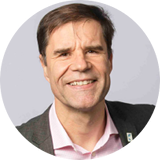
Mathis Wackernagel
Founder of Global Footprint Network
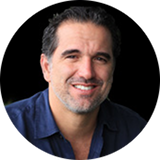
Gustavo Manrique
Minister of Environment, Water and Ecological Transition
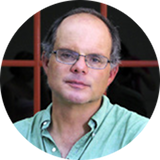
Diego Quiroga
Chancellor of the University of San Francisco
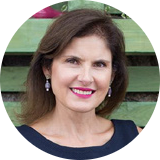
Veronica Arias
Executive Director of CC35 Capital Cities
